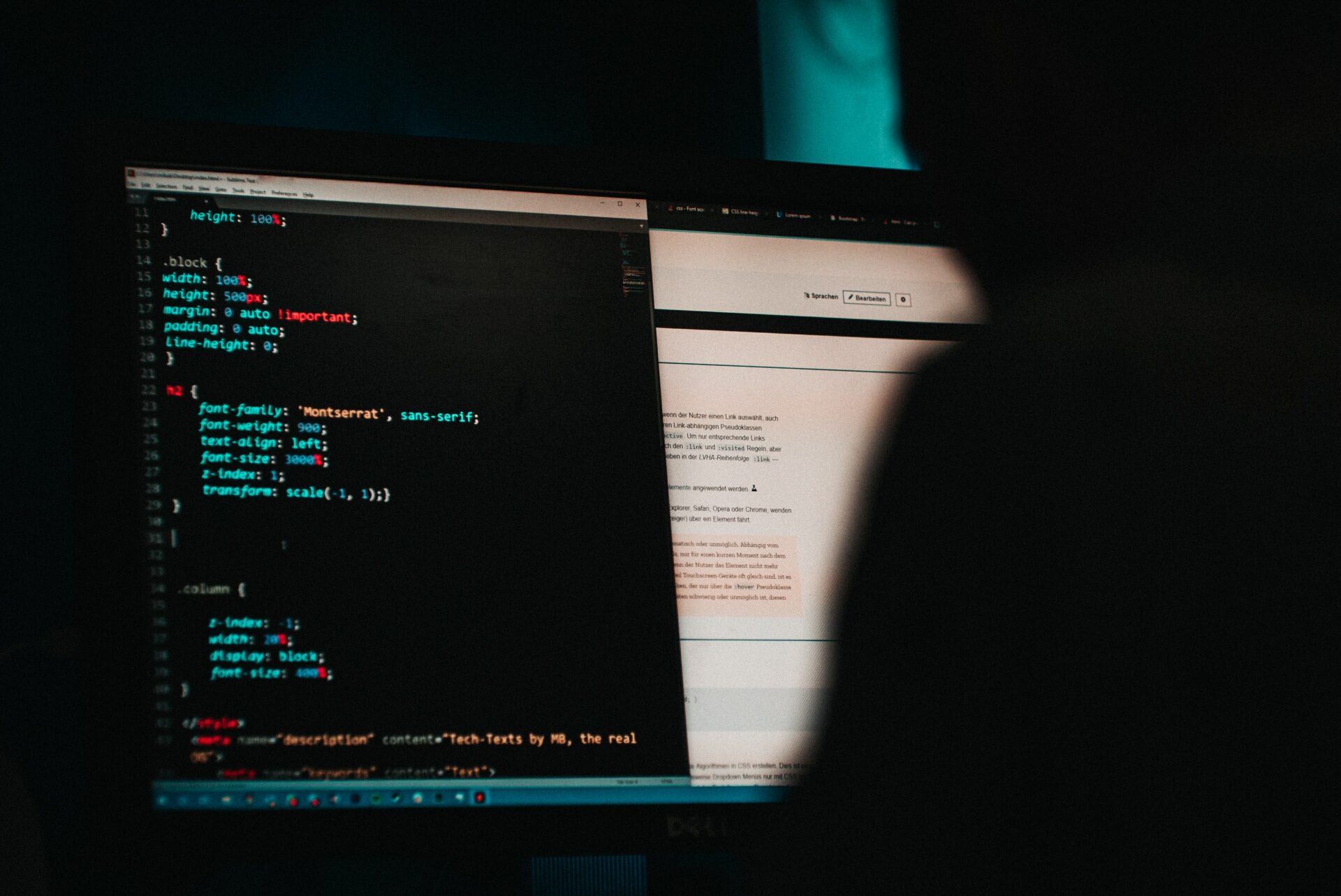The Exciting Clink of Cryptocurrencies
Cryptocurrencies resist being devalued over time like fiat currencies. They are immune to market shocks or economic downturns, at least until now, having survived two global recessions and the COVID-19 test. In fact, the most popular token called Bitcoin has given its investors an annualized return of 230 percent over the past decade – a feat that was over 10 times higher than its closet contender, the Nasdaq 100 Index. Between March 2020 and March 2021, Bitcoin’s value has surged by a staggering 800 percent.
As this asset class continues to grow by leaps and bounds, there is growing interest from governments and institutional investors. Many governments have embraced crypto assets and have framed regulations to govern their ownership and trading. However, a sizeable number of policymakers are skeptical about such virtual assets, leading many to impose outright bans on them. And there are others still debating their stance on crypto-assets.
To encourage innovation while also promoting regulatory frameworks, Horasis is organizing the Horasis Global Meeting on 08 June 2021. The event will run parallel sessions hosting key participants from the fields of business, government, academia and media to deliberate and explore emerging technologies and how they can be harnessed for the greater good.
Innovation Must Be Encouraged but Within Regulatory Frameworks
Government skepticism is typically on account of cryptocurrencies being used for illegal purposes. Since a crytpo transaction offers complete anonymity, there is no way to track the sender and the receiver. It can, therefore, lend itself well to fund criminal activities.
Cryptocurrencies are also outside the purview of government control. Fiat currencies, in comparison, are governed by countries’ central banks. And this allows for monitoring of the flow of money. Since central banks are regulated by government, investors can be sure their investments will be safe and most importantly legitimate and authentic. In case of cryptocurrencies, however, there is no such safety net.
To keep cryptocurrencies within the ambit of governments, it is necessary to regulate these assets. Many countries across the world are doing so to ensure that innovation continues thriving. Not every asset is perfect, and so is the case with cryptocurrencies. However, regulating them allows for not only greater innovation, but also participation in what many are touting the currency of the future.
Concerns Over Safety
Cryptocurrencies, at their core, promote decentralization of finance or DeFi. It allows individuals to be in control of their assets or investments instead of governments or large corporations. Crypto transactions eliminate the need for a bank and fund transfers can be made worldwide with speed and greater efficiency. In addition, significantly less transaction costs are incurred compared to banks’ charges. Therefore, a major use case is turning out to be in the remittance industry.
It is accepted that crypto transactions can lead to usage by criminal elements. But so can fiat currency, especially given the long standing system of hawala or informal money transfers. This system offers more confidentiality than even cryptocurrency.
Crypto is easier to regulate than informal money transfers since checks can be built into digital systems to ensure a trail. After all, when a user does sign up on a crypto exchange to purchase or trade crypto assets, he or she must fulfil KYC criteria just as one would in a traditional bank. But in the case of informal modes of money transfers, there is no underlying digital medium and regulating it is next to impossible. Therefore, amid the regulatory debates surrounding cryptocurrency use, the spotlight must be cast more on its positive use cases than its perceived ills.
Separately, inflation and corresponding increase in crypto use seem to be correlated. Countries such as Nigeria, Zimbabwe, Venezuela, and Turkey registered increasing cryptocurrency use when domestic inflation levels spiked. In Zimbabwe’s case, following a period of prolonged hyperinflation, its government permitted foreign currency use. The US dollar immediately became the currency of choice. However, a ban on US dollar usage led to its people shifting to cryptocurrency use. In Nigeria’s case, cryptocurrency usage surged only to be followed by a complete ban on trading. But Nigerian users immediately found workarounds.
How Can Crypto-assets be Guarded?
Much like other assets, crypto-assets too can be stolen despite it being entirely virtual. There were several security breaches in 2020 alone, of which a top American multinational technology company was defrauded of about $10 million by a software engineer. When a top five technology company globally can fall victim, an ordinary individual is even more vulnerable.
In the case of emerging economies, the presence of regulatory frameworks can serve as a deterrent. Bringing this asset class under government purview will also ensure that tax revenues are generated. Moreover, there is also an entire subsector called crypto forensics – one that has been able to detect and recover stolen virtual assets.
Going forward, what is certain is that cryptocurrencies will grow in acceptance and even double as legal tender, at least in many economies. US based automaker Tesla made a surprise announcement earlier in March 2021. Its founder, Elon Musk, said they would accept Bitcoins for purchase of new Tesla vehicles! That announcement has really made the world take notice of crypto-assets. However, its future will now depend on how governments across the world go about regulating this class of asset.
Photo Caption: Crypto-assets are seeing growing acceptance, but regulation holds the key to its further adoption



